Juliet Huck is an expert in persuasive communications with 25 years of experience. She was born in Marietta, Ohio, and holds a bachelor’s degree in fine arts. During her career, she has worked with the US Department of Justice for the Enron litigation, Exxon Mobil, Boeing, and law firms, such as O’Melveny and Myers, Kirkland and Ellis, and King and Spalding, among other high-profile clients. Juliet is the author of 50 Ways to Get Your Way and The Equation of Persuasion: Securing Decisions in Your Favor.“Persuasion in NOT a call to action – it is a directed action. It is time to break up the myth that persuasion is a call to action. To “call” is to “invite.” This puts all the power in someone else’s hands. While to “direct” is to “control.” This is the ultimate way to give you the power you need to get what you want. Inviting someone to do something allows them to say no. You must lead or direct them to what you want in simple words, statistics and/or visuals proportional to the magnitude of your need. Think of a traffic cop. They are not inviting you to take their direction. You are clearly persuaded to do what they want you to do as they are in control. Moving someone to decide in your favor is not always easy but there are steps which you can take that will get you what you want.”--From 50 Ways to Get Your Way by Juliet Huck
Her latest book, 50 Ways to Get Your Way, offers insights for skillfully using persuasion in work and in life by forming meaningful relationships. It is the first book in a series that will teach readers how to get what they want in all facets of their lives.
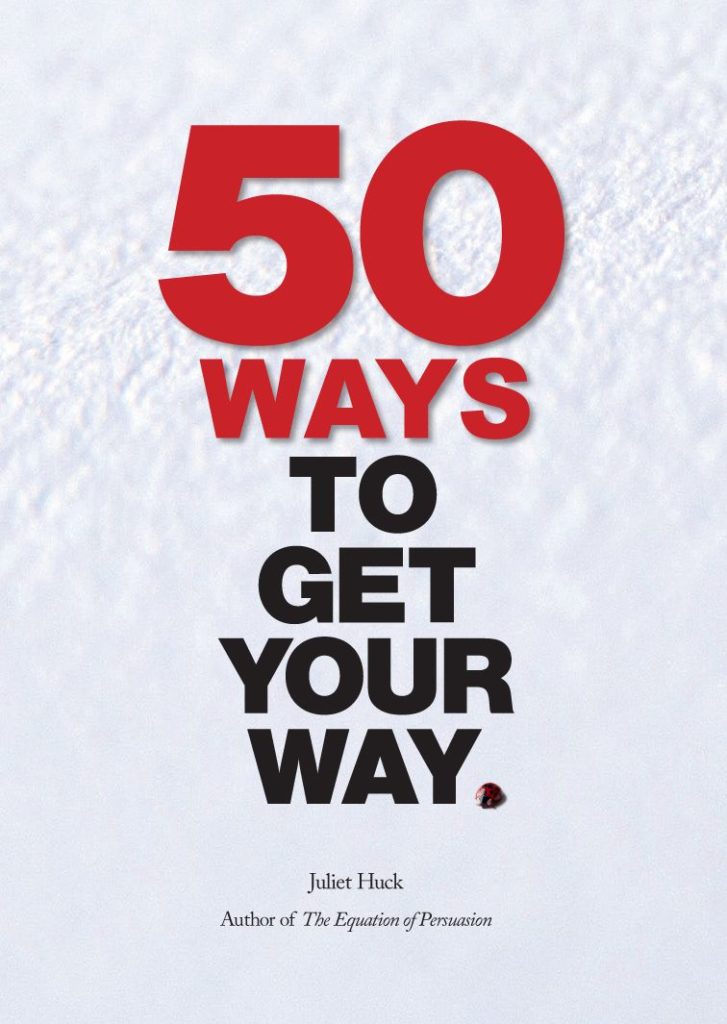
The tools Huck shares in 50 WAYS TO GET YOUR WAY are familiar, but the author notes that many of these values are missing in the current social climate. Using beautiful images (many photographed by the author) and conversational prose, Huck encourages readers to commit to a practice of awareness—of self and others—and guides them through the dance of building relationships that will help them achieve their goals. While all of the pearls of wisdom presented in 50 WAYS TO GET YOUR WAY are essential ingredients for developing into a solid human being, several offer the building blocks for becoming an exceptional person who gets what he or she wants. Being empathetic by learning what other people find meaningful, paying attention to the effect that one’s tone can have on others, telling a compelling story, letting go of expectations to minimize disappointment, and understanding the importance of clarity when asking for assistance or sharing plans are just a few of the gems that Huck examines in her book.
Huck acknowledges that the principles outlined in 50 WAYS TO GET YOUR WAY are not “rocket science”; however, she believes they are timely. “Observing the current environment, I could not sit back and be silent about how we are treating each other—especially when we need something from someone else. I felt instead of fighting with others, it is time to remind us of the beautiful things that can connect us,” Huck said.
50 WAYS TO GET YOUR WAY was written with the intention of helping people fulfill their personal and professional needs by mastering the art of making genuine connections.
Interview:
Welcome, Juliet! I am so excited about your new book, 50 Ways To Get Your Way. Can you tell us why you wrote it?
Juliet: Observing the current environment in our world, I could not sit back and be silent on how we are treating each other – especially when we need something from someone else. I felt instead of fighting with others it is time to remind us of the beautiful things that can connect us.Why do you think the times have changed in the respect that we no longer converse with our neighbors like we used to back in the day?
Juliet: I believe that technology has completely changed how we communicate. We are in an environment of extremes and overwhelmed with a tsunami of information on a daily basis. Social media has changed everything – from good and bad. Unfortunately it has allowed us to throw stones at each other from behind the bushes without consequences. The fact that someone would get death threats because they speak in public is quite shocking not matter what the circumstances. I constantly ask what happened to our common decency? Please, thank you or I am sorry; I am still baffled how these words have disappeared from out vocabulary.What was it like growing up as a farm child in rural Ohio? What do you miss about it?
Juliet: Growing up on the farm was challenging for me. This is another reason I wrote this book. I could not see what the farm was giving me. I couldn’t wait to leave. My friends didn’t have to be up at dawn and in the cold wet fields or out in the extremely heat and humidity during middle of the Ohio summers. I had a hard time when my friends would be at the pool but I would have to be home with Mom canning tomatoes and beans for the winter. But it made me a problem solver, a good cook, a state bread champion at the age of 11 and a lover of animals. The thing I miss, believe it or not, are the winters when it would snow. No work, no school and everyone came out from town to our farm to sleigh ride on our hill and we had a blast.Were your parents strict?
Juliet: Yes my parents were very strict and needed to be with 7 of us. If you weren’t at the table when my dad sat down, you didn’t eat. Every Sunday there were quarters lined up for each of us that were to be put in the basket at church. As hard as it was sometimes it taught us respect, consequences for our actions and gave us a work ethic that I am proud of.What was it like when venturing out on your own after living your whole life on a farm?
Juliet: It was amazing venturing out. I was like a butterfly out of the cocoon. Naive and curious, I had so much I wanted to explore and I could not wait to go to New York. I heard music, saw movies and photos and I loved fantasizing about how much there was to do the big city. My friends still laugh at me that the first time I saw a salad bar was at college. I remember thinking – you put all these things on a salad?In your book, 50 Ways To Get Your Way, you say, “It’s not what you know; it’s who you know—and what you know about them.” Why is this important?
Juliet: I have observed when most people want something from someone else they feel they need to sell themselves first and the conversation ends up being all about themselves. We must stop and take the time to find out what is important to your decision maker. If you don’t know what is important to them how do you know if they are even interested in what you are asking for.You teach your clients that the golden rule is to get our of their own shoes and into the shoes of their audience which can be challenging. Why is this the most important step one can take?
Juliet: Again, if it is all about you it is hard to get anyone to give you anything. The ability to relate is a key component to persuade anyone. If you can see things from their point of view you will make them feel important and you will now begin to build trust and credibility.Is there anything you’d like to tell your readers and fans?
Juliet: I hope the readers to know that this book has a big heart and it is an easy read. I also thought it was important to combine these lesion with thought provoking photos to make it more interesting.





































































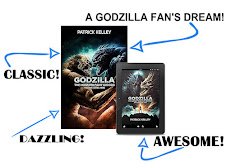


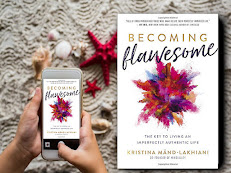



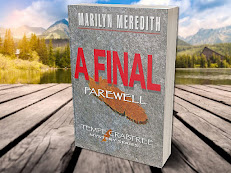



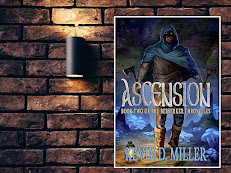

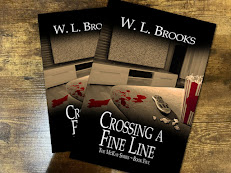



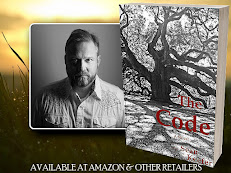



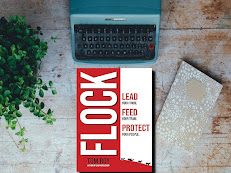



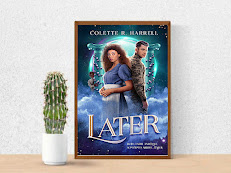









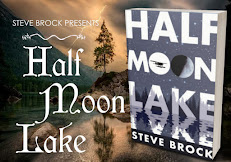










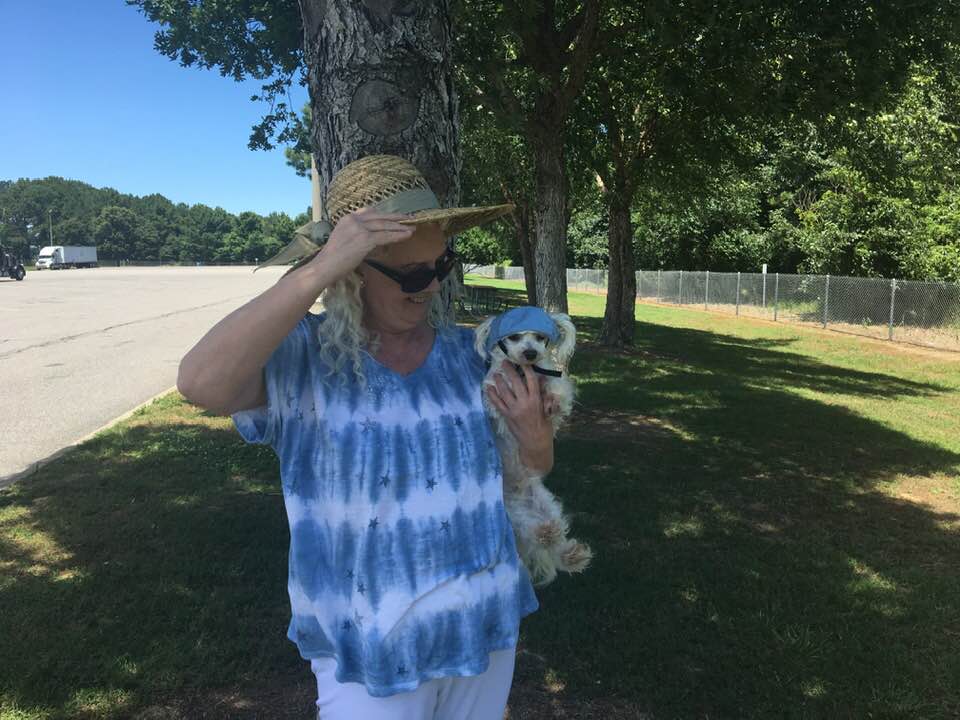
No comments:
Post a Comment
Thank you for your message!